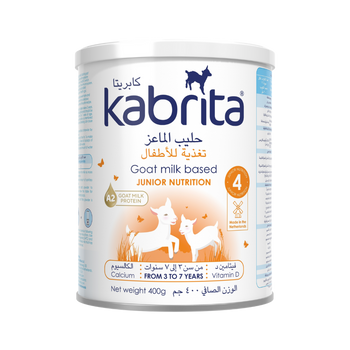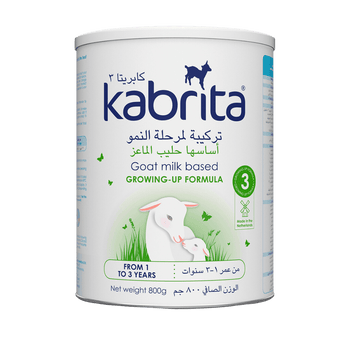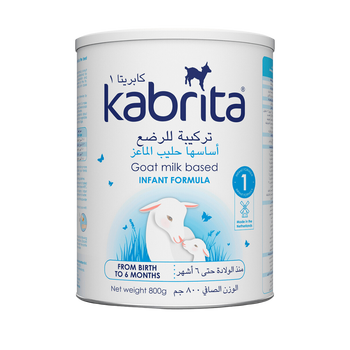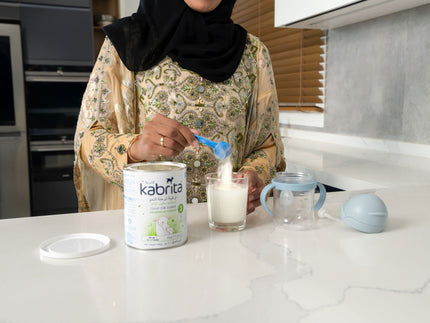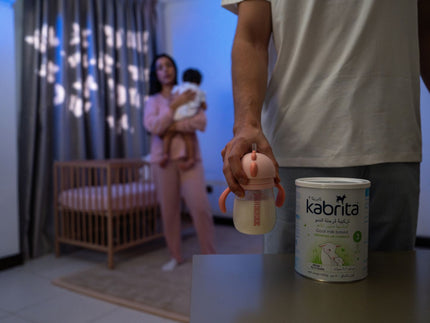When Do Babies Start Talking?
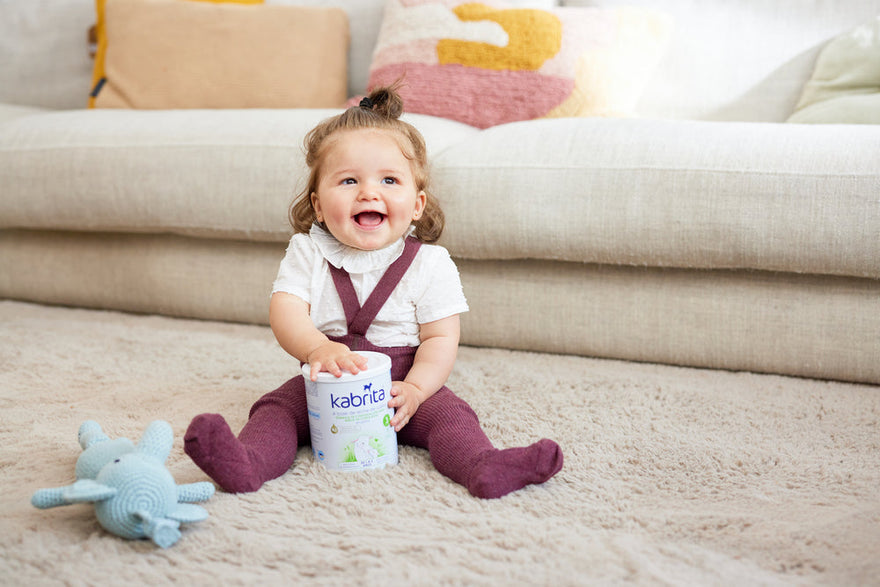
Babies begin communication from birth, starting with cooing and babbling in the first six months, progressing to recognizable sounds around six to twelve months, and speaking first words between twelve and eighteen months. Vocabulary expands rapidly between eighteen and twenty-four months with simple phrases forming. Parents foster language growth through responsive interaction, labeling, and play. Understanding these stages supports expressive communication and cognitive development while identifying when to seek professional help.
From the moment a baby is born, they are primed for communication. Despite not using words that we recognize, infants are continuously taking in the sounds, rhythms, and tones of language from their parents and surroundings. Babies are innate mimics who start by copying the sounds they hear, which lays the foundation for speech.
Parents all over the world always look forward to the milestone of their child's first word. The process of acquiring language is fascinating and intricate, and it differs from child to child. The stages of child speech and language development, their first words, encouraging multilingualism, and shedding light on when babies typically start talking are all covered in this blog.
Their First Words
Around 9-12 months, babies begin uttering their first words. Simple words like "mama" and "dada" bring immense joy and signify their growing communication skills. Encourage their efforts, providing a supportive environment to foster language development.
The moment a baby utters their first words is a magical milestone in a parent's life. It marks the beginning of a new chapter in their child's development, filled with communication, interaction, and endless opportunities for learning. But when exactly do babies start talking? We'll explore the fascinating journey from babble to meaningful speech, providing insights into the stages of language development and tips for encouraging your little one along the way.
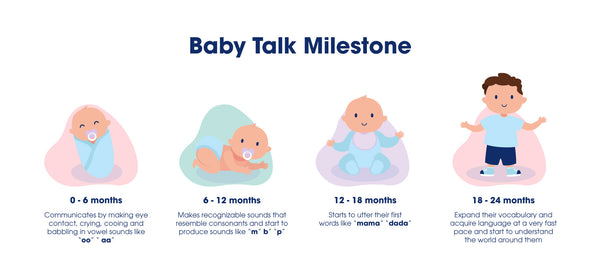
Cooing and Babbling (0-6 Months)
During the first six months of a baby's life, they engage in prelinguistic vocalizations, which include cooing and babbling.
Cooing consists of soft, vowel-like sounds, while babbling involves a combination of consonant and vowel sounds (e.g., "ba-ba" or "goo-goo"). These early vocalizations are a sign that your baby is experimenting with their vocal cords and learning how to control their breath.
Respond enthusiastically when your baby babbles. Make eye contact, smile, and engage in back-and-forth “conversations” to encourage their vocal exploration.
Recognizable Sounds (6 -12 Months)
Around six months, babies start to make sounds that resemble consonants found in their native language. They might start to produce sounds like "m," "b," and "p." Additionally, they become more attuned to the rhythm and intonation of speech, which is crucial for understanding and reproducing language.
Try to engage in activities like reading books with simple, repetitive sounds or singing nursery rhymes. This will help your baby become familiar with the patterns of speech.
The Emergence of First Words (12 -18 Months)
Around their first birthday, many babies will utter their first recognizable words. These are often simple, high-frequency words like "mama," "dada," or the names of familiar objects or people.
Try labeling objects and actions during everyday activities. For example, when giving your baby a bottle, say “milk” or drink”. This reinforces the association between words and their meanings.
Expanding Vocabulary (18 - 24 Months)
Between 18 to 24 months, toddlers experience a language explosion. They begin to acquire new words at a rapid pace, building their vocabulary and understanding of the world around them. At this stage, they may also start to combine words into simple phrases, expressing basic needs or desires.
Engaging in interactive play and encouraging your child to describe what they see, feel, or do. For instance, ask questions like “What color is this?” or “Can you show me the ball?”
Speech Delays: Causes and Interventions
As parents, witnessing your child’s speech development is an exciting journey filled with milestones. However, it’s important to remember that it’s normal for children to progress at different rates and each child’s progress is unique, and some may experience speech delays caused by various factors such as hearing impairment or developmental difficulties.
Early intervention is crucial, as is consulting a pediatrician to identify the causes and seek appropriate therapies to help your child’s language development.
Understanding the underlying causes of speech delays in babies is crucial for effective intervention. Here are some common factors:
- Hearing Impairments: Difficulty hearing can significantly impact speech development. Regular hearing check-ups are essential.
- Oral Motor Issues: Conditions affecting the tongue, lips, or palate can hinder the ability to form sounds correctly.
- Developmental Disorders: Conditions like autism spectrum disorder or Down syndrome can affect speech and language development.
- Premature Birth or Low Birth Weight: Babies born prematurely may experience delays in various developmental milestones, including speech.
- Lack of Stimulation: Insufficient exposure to language or limited interaction with caregivers can hinder speech development.
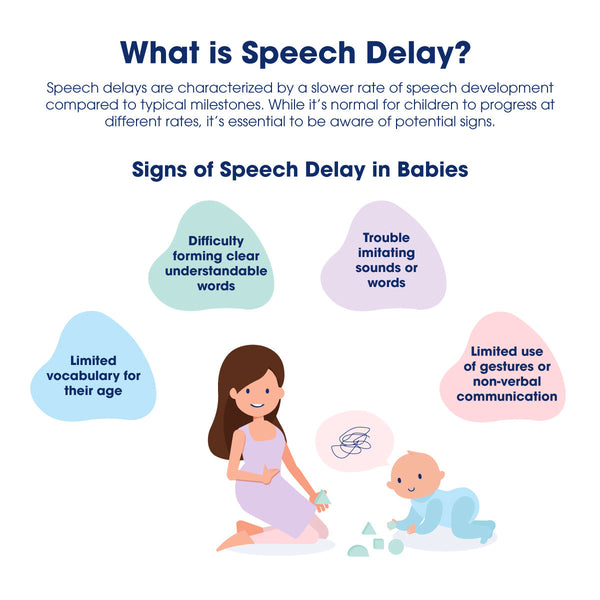
Nurturing Multilingualism in Babies
In today’s globalized world, many parents are raising their children to be bilingual or even multilingual. It’s a wonderful gift that opens doors to different cultures and perspectives.
According to some studies, learning languages at an early stage has many benefits and may help enhance a child's problem-solving, logical thinking and creativity skills. On the other hand, it’s important to be mindful of potential challenges. The intertwining of languages can sometimes lead to difficulties in expression and sentence structure. This may be perplexing for the child, blurring the lines between languages and making it challenging to communicate clearly and effectively in a particular one.
If you’re keen on enriching your child’s proficiency in the Arabic language, we’ve partnered with Akwan to offer a creative and enjoyable learning experience.
Conclusion
The journey from baby babble to meaningful speech is a remarkable process that unfolds in its own unique way for each child. Recognizing and addressing speech delays in babies is a vital aspect of nurturing their overall development. By understanding the potential causes and implementing effective interventions, you can provide your child with the support they need to thrive in their journey towards confident and expressive communication.
By creating a nurturing and language-rich environment, you can support your baby's speech and language development and help them thrive in their newfound ability to communicate.
Remember, patience and encouragement are key, and celebrating every milestone, no matter how small, is a testament to the incredible progress your child is making. Enjoy every moment of this beautiful journey towards heart warming coos becoming spoken words!
